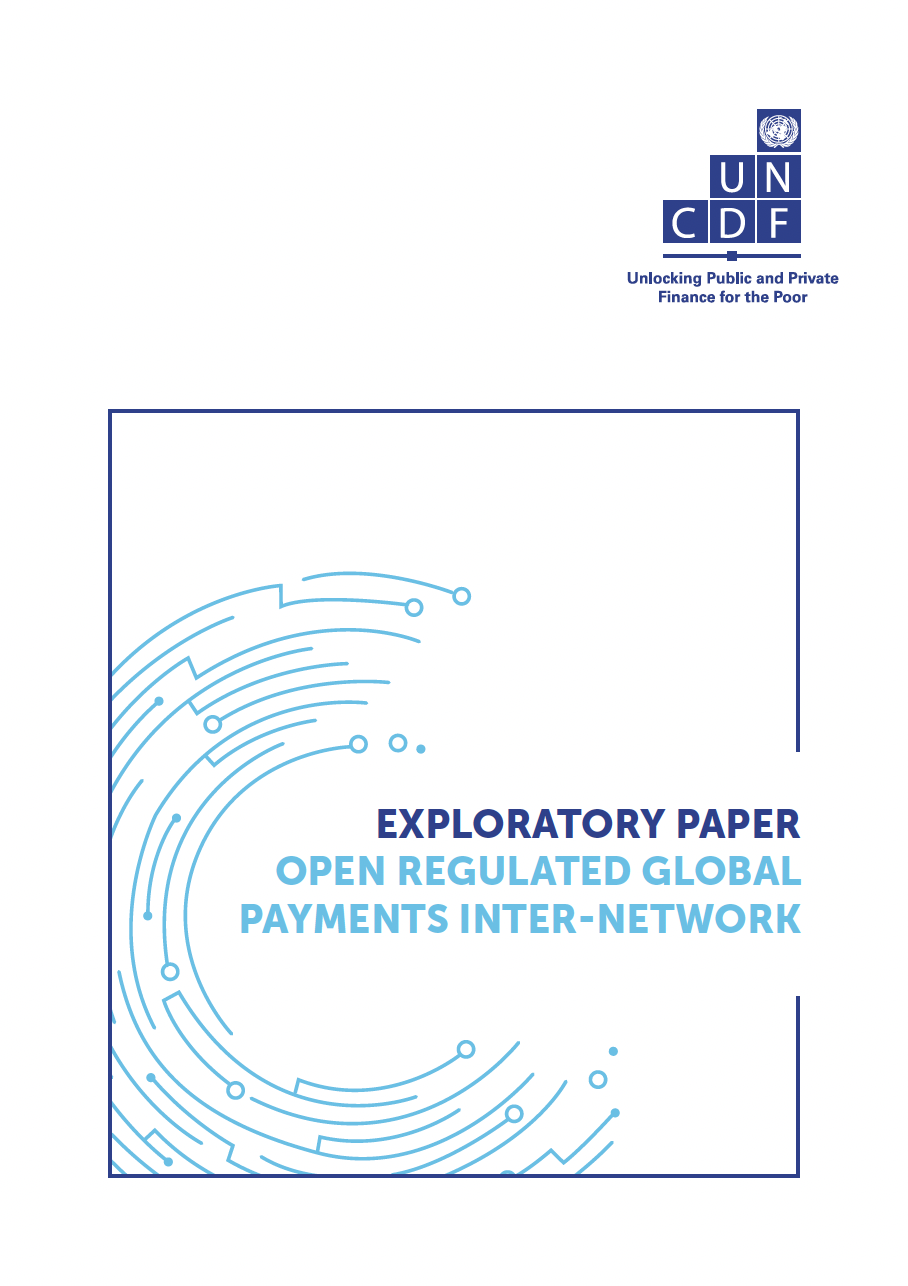The number of international migrants continues to grow. Today, around 4 percent of the world’s population live outside their country of origin. Every year, migrants send more than US$700 billion in remittances, most of which is destined for developing countries.
Despite the global importance of remittances, many migrants are unable to benefit from formal remittance systems. Current payment networks are expensive, slow and lack interconnectivity; often, for example, a migrant will pay cash to a remittance provider, who will charge a high fee to send the money to the recipient, who then pays a fee to convert the money into their local currency or to cash-out. Combining existing but disparate payments systems would help to promote financial inclusion, improve the safety of funds, and facilitate access to payment services for consumers.
The infrastructure to achieve total interoperability already exists to a great extent but needs to be better harnessed. By creating an open regulated global payments inter-network, leveraging and cultivating existing infrastructure, any regulated service provider will be able to send money to anyone, anywhere in the inter-network. Further, when governed by a trusted neutral entity, an open regulated global payments inter-network will significantly speed up total interoperability, reduce the cost of transactions, and provide migrants with an easy and efficient way to digitally transfer money to their home countries.
This exploratory paper explores options for the future of international remittances: an open, regulated global payments inter-network specifically designed for low-value international remittances that address the needs of migrants around the world.
